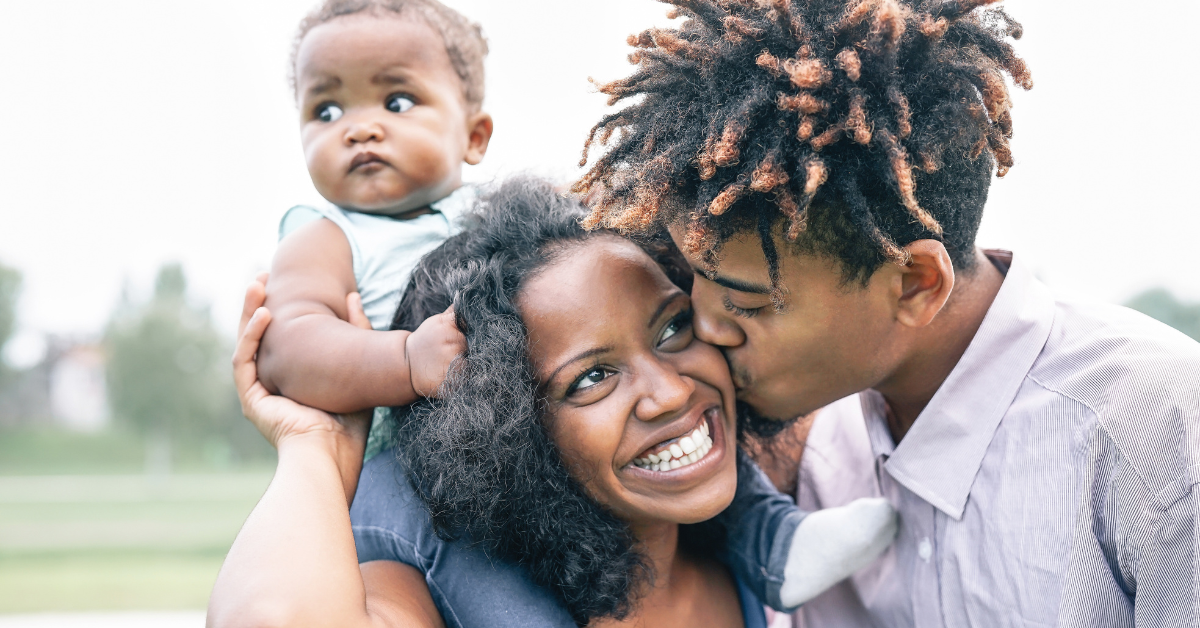
What is Mindful Parenting?
Mindful Parenting is about using the power of mindfulness to calm our reactivity so that we can choose skillful ways to respond to our children. In this post, I'll share 7 ways that you can start practicing mindfulness parenting right away.
Most of the time we are practicing reactive parenting. What is reactive parenting? Picture yourself rushing from thing to thing and yelling in frustration and you get the picture. Kids are by definition immature, and as they go about meeting their needs, their behaviors are the catalyst for a lot of stress, frustration, and sometimes out-sized reactions in us—these are parenting triggers. Mindful Parenting teaches you to be aware of this and mitigate these challenges so you can be a better parent.
This post is about helping parents practice. So let's talk about how to parent without yelling. (If your goal is to stop yelling, make sure you grab my free resources here.)
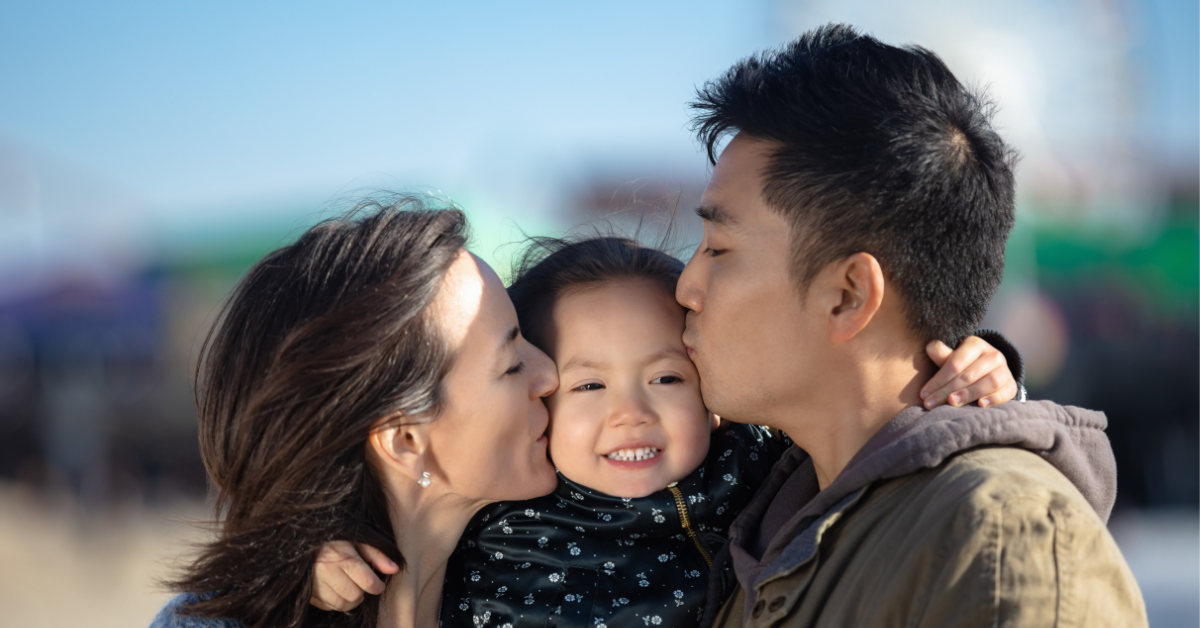
How to Practice Mindful Parenting
#1 Set Your Intention
How do you want to be with your kids? If you're like me, you want to be the calm parent. You're interested in mindfulness for parents because you want close, connected relationships with your children. So the first step is to set your intention: know how you want to be. Set your north star. Know that you want to know how to be less emotionally reactive. You want to model healthy emotional regulation, being that grounded, peaceful parent who exhibits unconditional love: you're on your child's team and you love them through good behaviors and challenging moments equally.
In fact there are certain attitudes of mindfulness that can give us guidance here. In Mindful Parenting we set the intention to be clear thinking (not jumping to conclusions), curious (non-judgmental, kind, and non-reactive.
#2 Start with Self-compassion
Practicing to be compassionate with ourselves is foundational in the Mindful Parenting Course because....it shouldn't be a surprise....you WILL mess up. You will make mistakes. You will yell at your kids. You will forget the essentials of communication. Even though you're trying to be a better parent without yelling, you will be reactive sometimes. Yes, practice to calm your reactivity, but also stop blaming and shaming yourself when you mess up. Give yourself permission to be human.
Paradoxically, when we accept our basic humanity, it's easier to make changes.
When you practice self-compassion—being kind to yourself when you mess up and remembering that we ALL make mistakes—it becomes easier to get back up and begin anew. When you give yourself a softer landing with self-kindness, you can get up quicker and ultimately be more present for your family.
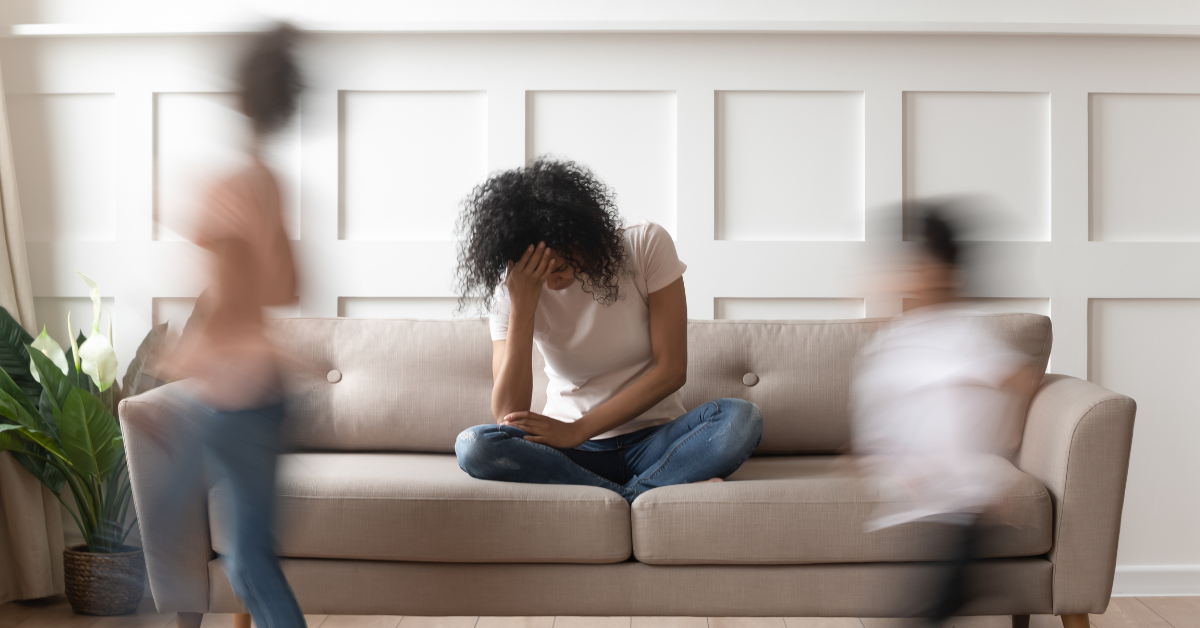
#3 Understand Your Nervous System
When we're stressed and triggered, the stress response in our nervous system hijacks the brain, bypassing the slower, more thoughtful parts of the brain, namely the prefrontal cortex which is behind your forehead. This part of the brain is responsible for verbal ability, logical thinking, and impulse control. When we're stressed, we are quick to react without access to this important part of the brain. The nervous system makes it so we CAN'T think calmly and thoughtfully in those moments. We can't choose how to respond because we don't have access to our whole brain.
If we want to be able to CHOOSE how to respond rather than react, down-regulating our own nervous system is parenting priority number one, and that's what Mindful Parenting helps us do. Mindfulness tools help us calm our reactivity so we can respond compassionately and effectively. You can't communicate well if you can't use your whole brain.
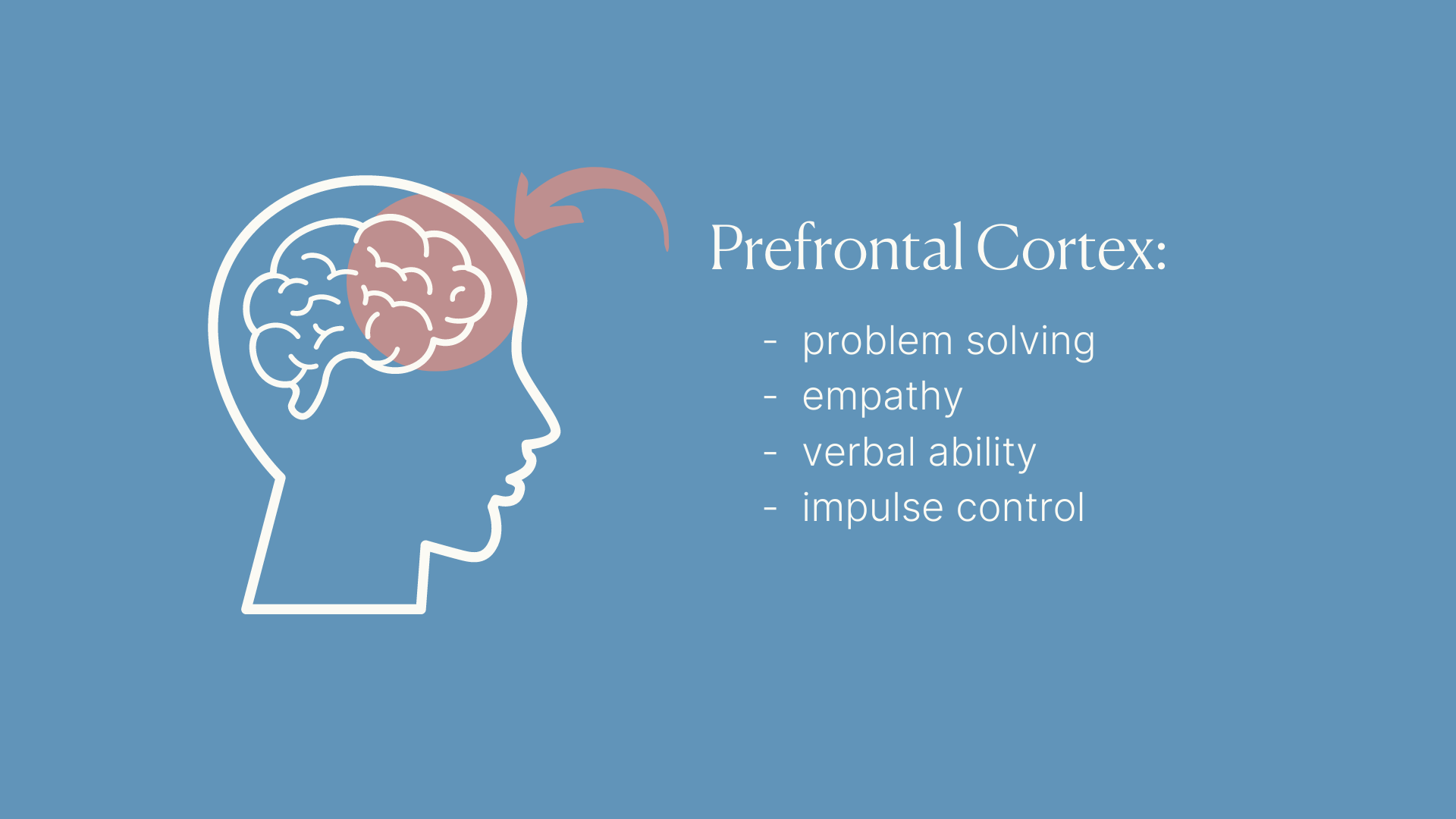
#4 Slow Down
Hurry triggers that nervous system stress response, making us more reactive. It makes sense if you think about it evolutionarily: as hunter gatherers, there was never any need to hurry unless something dangerous was chasing you (or you were the predator yourself). There were no clocks, no bedtimes, no schedules at all—only the natural circadian rhythms of the day. So, if you were in a hurry, it was likely that you were threatened. And as we know, feeling threatened impairs our ability to use our whole brain and respond calmly and effectively to our kids.
Plus, the pace of childhood is slower than we move as adults. Children thrive when they are not rushed from class to class, but when they have plenty of time for free play and exploring their world.
#5 Get Curious
Practicing curiosity is practicing the opposite of judgment. It's about being open to wonder and learning about your world. In Mindful Parenting we practice to be curious instead of judgmental about our children: WHY do they act that way? What are their needs that are driving that behavior? When we practice to be curious about what's driving behavior rather than rushing to judgment about the surface behavior, we're more effective in dealing with every parenting problem.
You can also practice to be curious about yourself. Why do you respond to your child's behaviors the way you do? Asking yourself this question can help you awaken to underlying triggers from your own upbringing.
#6 Practice Responding Vs. Reacting
Responding instead of reacting is a skill that we can develop with practice. We actually practice pausing in the easy, non-problematic times, to cultivate the habit and strengthen our pause muscle for the more difficult times.
The truth is that in the vast majority of our interactions with our kids, we don’t need to respond right away. The stress response makes us feel like we have to, but that’s not true. It’s much better to walk away from our kids than lose it at them. We can make a goal of pausing, and as we become more practiced at it, we can even say what we’re doing out loud: “I need a break right now.” “I need to breathe for a minute.” That’s not weak, that’s skillful role-modeling.
(If your goal is to stop yelling, make sure you grab my free resources here.)
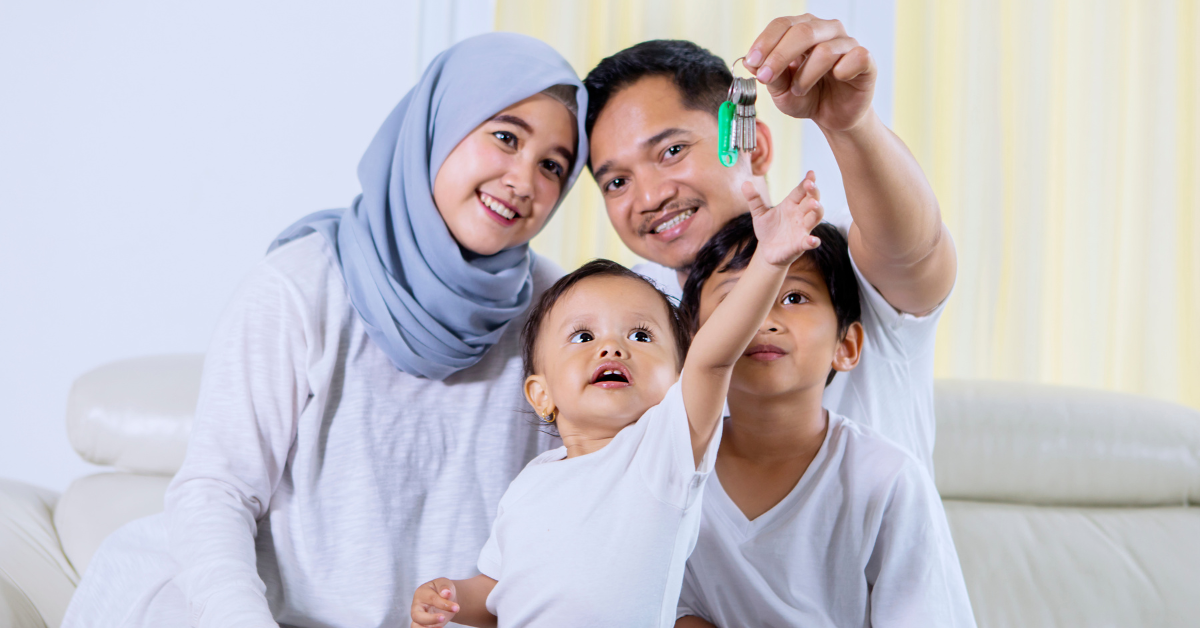
#7 Acknowledge Your Wins
After a centering parenting meditation, I begin every Mindful Parenting coaching call by asking the members to share and acknowledge their wins. If you've managed to meditate regularly I want to celebrate that with you! It may just be that you made it to that coaching call (that's also a win). We practice to lean into the good things so that we can water those seeds and help the flowers grow. All human beings naturally have a bias towards noticing the negative (another product of evolution), but we can train and cultivate the habit of celebrating our little wins. When we do, they grow stronger.
Mindful Parenting is a journey, not a destination. It's a way of parenting with more awareness and responsibility for what we are bringing to the table in our presence and our words. These 7 practices will help you slow down, calm down, and practice parenting in the present moment.
Which of these do you want to practice in your own life?
Do you want to go deeper? I've written a whole book about changing your own autopilot reactions and creating a relationship with your child based on love and mutual respect. It's called, "Raising Good Humans," an international best-seller, and you can find it here.
